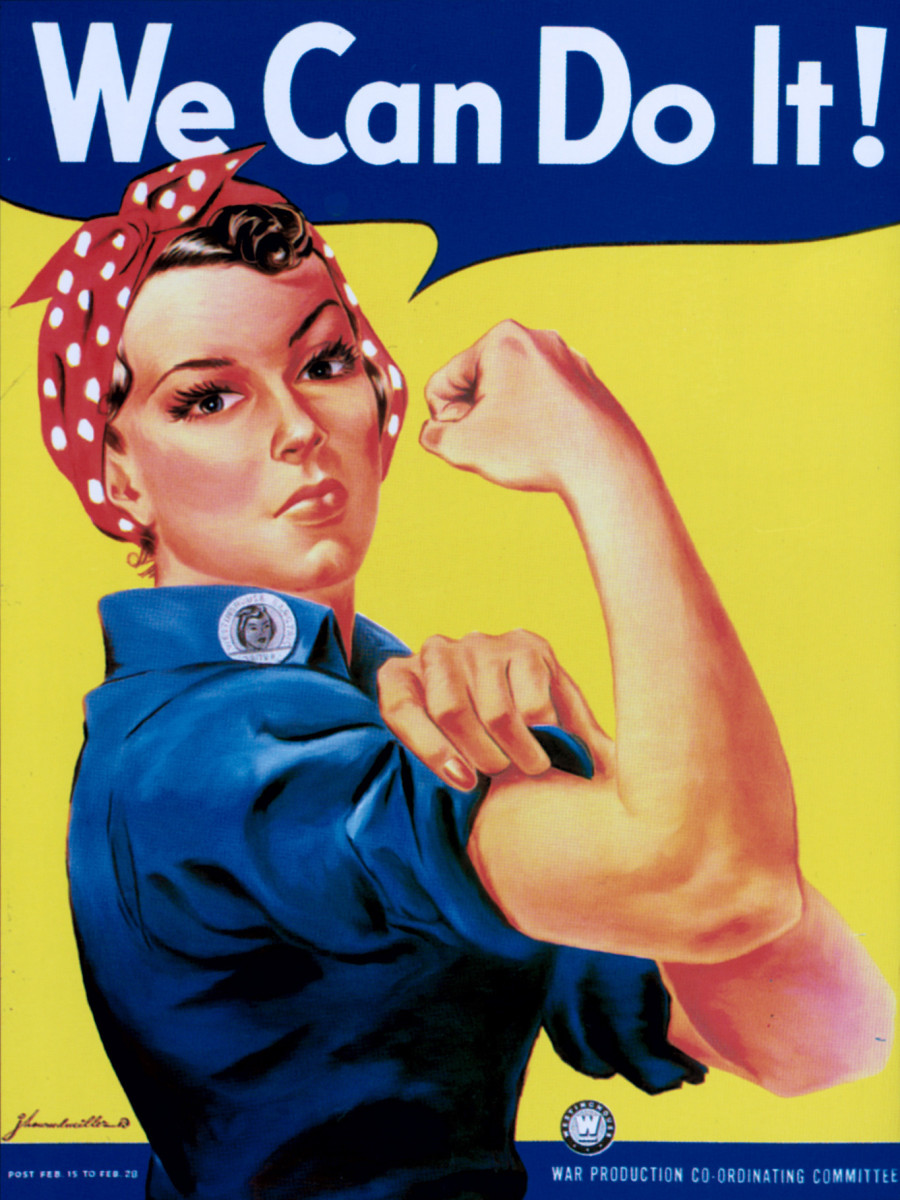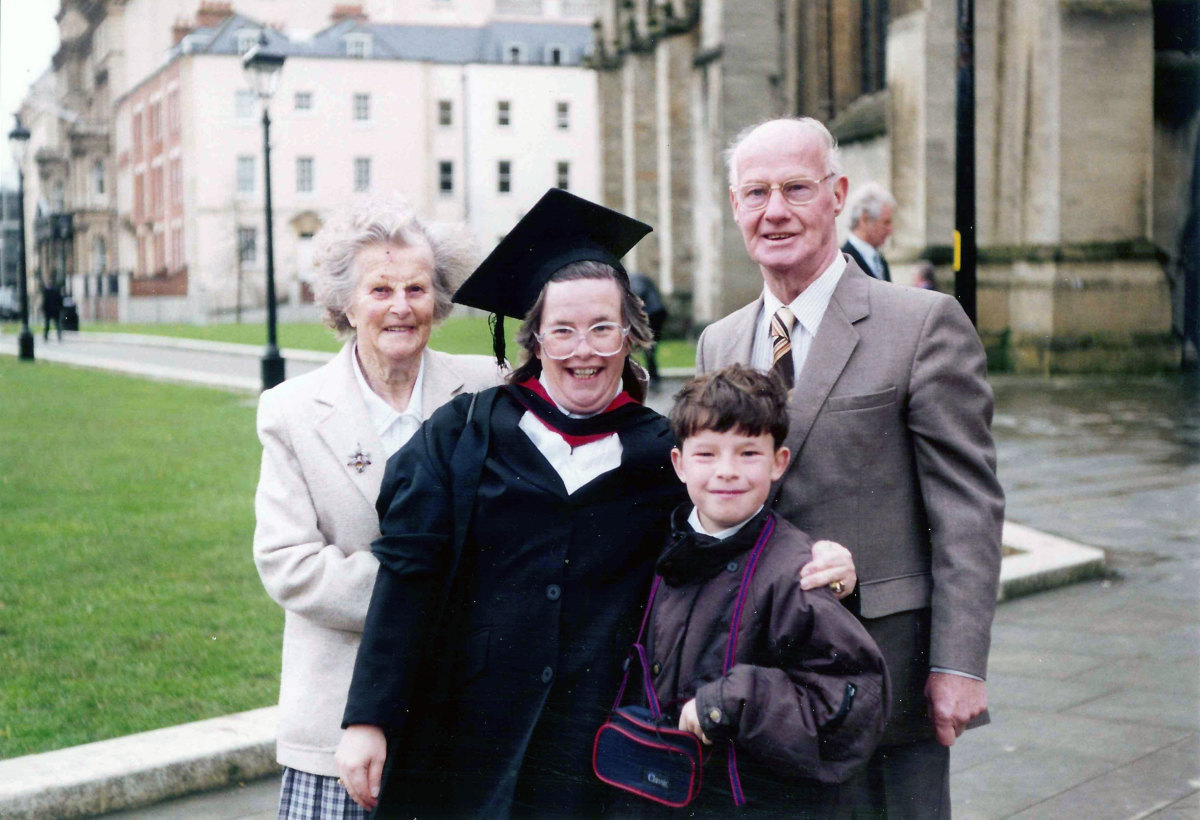American Women & Social Equality in de Tocqueville's Eyes
In his book, Democracy in America, Alexis de Tocqueville compares and contrasts the lives of American women to the lives of European women in the 1830s. He makes these different observations in terms of their sound social upbringing that leads to the development of the American women’s strong moral characters, when they are compared to the European women. According to de Tocqueville, American women are morally strong and pure because they can gain access to both academic and religious teachings from a very early age, in a “very democratic” American society that is built upon the “Protestant doctrine (141).” This also helps the American women to become more independent and intellectually reasonable, in terms of making good moral decisions. In so doing, she is also able to exercise self-control when choosing between what is bad and what is good for her, even though she might seem gullible. That is because an American woman with a sound moral and social upbringing, which she acquires via early childhood education, recognizes that the evil or the bad does exist in this world (141). She also recognizes that she should strictly abide by the rules that the society has imposed on her, and rely on her good moral judgments and intellectual reasoning to make sound moral decisions (143). In this way, she is free to enjoy all the luxuries of life, without sacrificing her independence and morality.
De Tocqueville also observes that the American women differ in mentality from that of the European women in their approach to courtship and marriage. In the 1830s, the European society did not allow the European women the freedom to choose soul-mates, resulting in arranged marriages for the most part. These marriages basically resembled more of socio-economic contracts among the families, rather than an intimate bond of minds and hearts between the husbands and wives. So, the European women, having denied their freedoms to choose their soul-mates because they lack the intellectual reasoning to make good moral judgments, tend to get trapped into social relationships. They have nothing to gain from these relationships, in terms of respect and love from their husbands and the people around them (147). They are also looked down upon by the European society as a whole. As a result, the European women tend to lack the courage to lead happily married lives.
In contrast, the American women, who are morally courageous and intellectually knowledgeable, have the freedom to choose their potential husbands, within a democratic society that promotes marriage mainly based on love (147). As a result, they tend to be more serious and accepting of their roles in the U.S. society as wives, who are deeply loved and well-respected by their husbands and American society as a whole. This claim is well-supported by de Tocqueville when he says, “…an American does not fall into marriage as if falling into a trap, out of ignorance and simplemindedness. She has learned what is expected of her well in advance, and she assumes the burden of her own free will. She accepts her new position with courage, because she has chosen it (143).” In all, de Tocqueville’s analyses prove that the social differences that set the American women apart from their European female counterparts, are solely predicated upon early childhood education on morality and liberal social upbringings. They helped the American women to think rationally and independently before making decisions that may impact their personal lives and their social standings in the American society. For this reason, the American society does not look upon its women as inferior individuals, in terms of their strong morality, and also their abilities to exercise intellectual reasoning to decide what is best for them. These elements also help women become a well-respected and valuable group of individuals in the American society.
It is important to note that de Tocqueville’s discussions mainly revolve around the concept of social equality among men and women in the American society. However, de Tocqueville does not necessarily believe that the American women are socially equal to American men, in terms of performing similar tasks or assuming similar roles in the society. This is a complete contrast from the ways the European society tend to measure social equality between men and women (149). Rather, the American men and women are equally valuable to the society, while they perform different duties that suite their unique moral and physical characteristics (150). In this way, they have gained high levels of reverence and respect for each other as individuals and as partners. They also freely acknowledge each other’s equal but different means of contributions to the society as a whole (152).
Works Cited:
Kammen, Michael. Democracy in America by Alexis de Tocqueville. Boston: Bradford & St. Martin’s, 2009.

This content is accurate and true to the best of the author’s knowledge and is not meant to substitute for formal and individualized advice from a qualified professional.
© 2020 Zunaid Kabir








